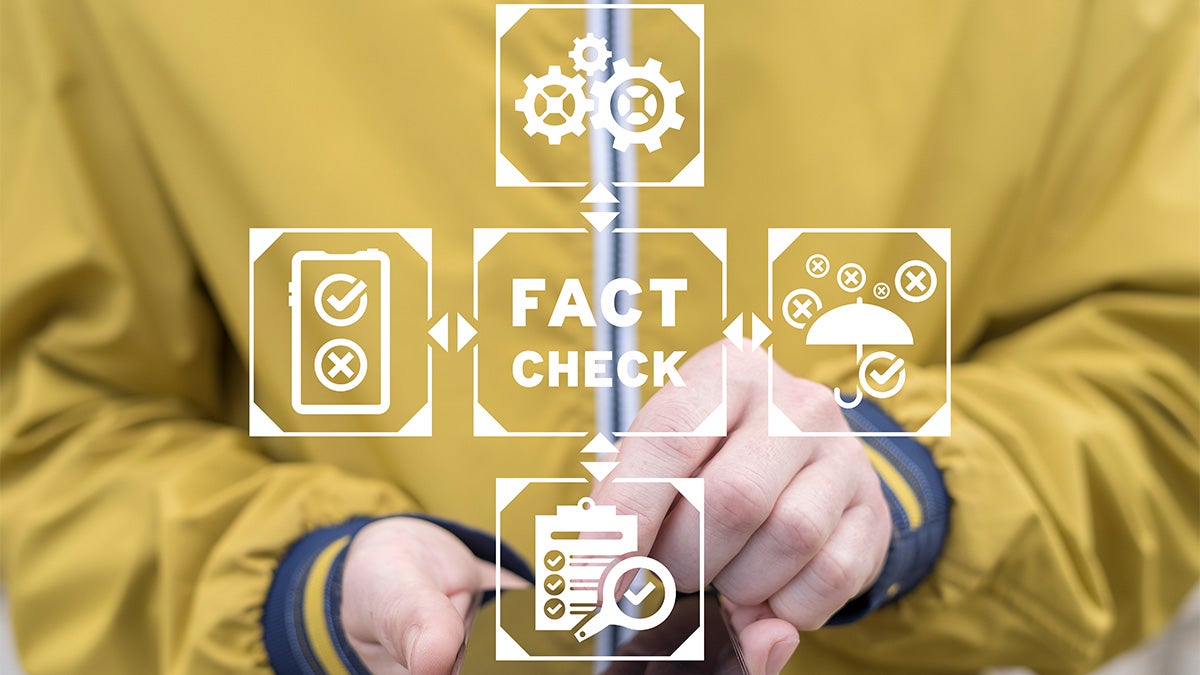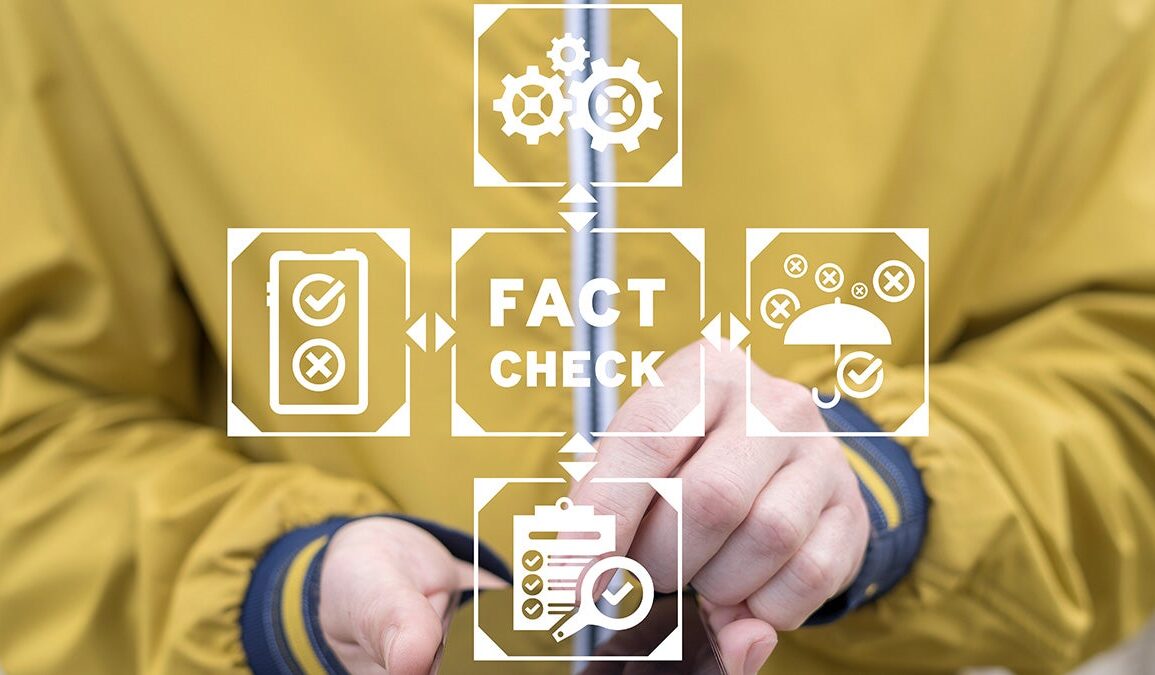
With the global reach of social platforms, how might the elimination of fact-checking affect users in other countries?
The challenge is there is a patchwork of requirements that vary from country to country. I don’t know if Meta will give up fact-checking in other countries, but if they do, then the EU is going to be much more disciplined in policing and enforcing its laws. It will level some fines on the company when this happens—but a lot of those fines may amount to little more than a rap on the knuckles.
A bigger problem is that once you start detaching yourself from third-party fact-checkers in the United States, where a bulk of Facebook’s money is spent, then the biggest source of revenue for those fact-checking organizations goes away, and the quality of fact-checking will fall everywhere. In other parts of the world, there will be a ton of stuff that will be quite toxic, and that could potentially lead to violence targeting already disadvantaged communities and other bad outcomes.
All over the world, elections are being contested, civil wars are being fought, and minorities are being harassed, and people are using social media platforms to communicate. The danger of dismantling even the currently inadequate guardrails on social media platforms is that disinformation will keep ballooning in parts of the world that have the least societal and institutional safeguards.
How do you think this might affect the social media market? Will users continue to move to Bluesky and other alternative platforms?
Bluesky got a boost from multiple factors, including people desperately looking for an alternative to X since the election. We’ve seen this in every election—depending on which party wins, the “digital opposition” on the other side gets a boost. Right-wing outlets grew after Biden’s election, and now Bluesky has already reached 26 million users, which is impressive.
However, for a platform such as Bluesky to be viable, it needs to get much larger and benefit from network effects—where the utility of a platform to each user grows as more users accumulate on the same platform. If the level of toxicity on Facebook, Threads, or Instagram doesn’t reach the level of X, then we may not see a critical mass of people leaving the Meta platforms.
What kind of solutions do you propose in your book to the problem of disinformation more generally?
Here’s the idea behind our book: We are attempting to tackle the problem of disinformation, a phenomenon that is borderless because it’s in all of these global platforms, but the way we are trying to corral it is through regulators in individual countries. The regulators’ authority and oversight are limited to their own jurisdictions. As a result, there is a mismatch between the global scale of the problem and the limited geographic reach of the regulatory tools.
This is a difficult problem, but we derive hope from the fact that we’ve dealt with similar global issues before, like financial corruption, counterterrorism, and pandemics, and we have found ways to devise systems that work across much of the world. Our book is predicated on the idea of learning from these to combat the scourge of disinformation and strike a balance between defending free expression and preserving free societies.






